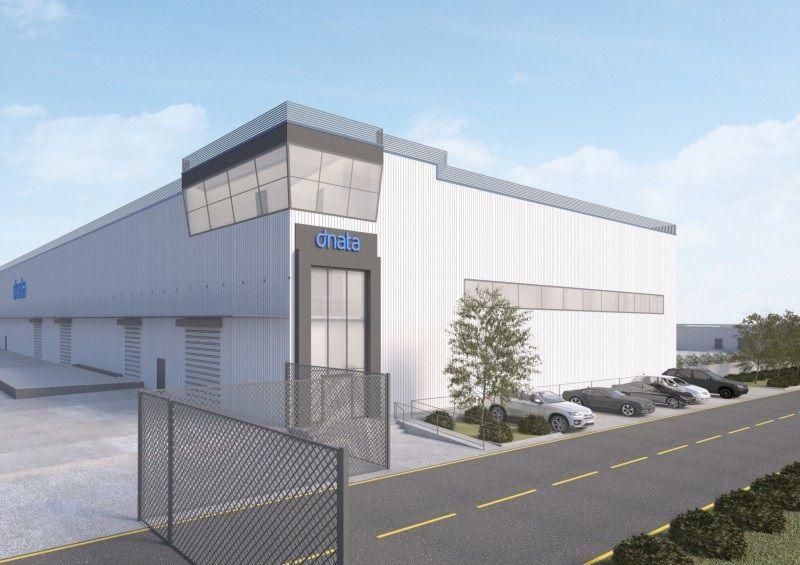dnata has broken ground on its new, 20,000m2 cargo warehouse which will add significant expansion to its operations at Erbil International Airport (EBL).
The facility represents an investment of $ 14 million and will create up to 50 additional, direct jobs with dnata in Iraq.
The foundation stone for the cargo warehouse, which is scheduled for completion in September 2024, was recently revealed by dnata’s Senior Vice President for UAE and Iraq Airport Operations, Jaffar Dawood.
“We are delighted to expand our operations in response to the growing demand for our reliable and safe cargo services in Erbil,” said Jaffar.
“Our new facility will incorporate cutting-edge technologies and the latest carbon reduction initiatives in design and operation, ensuring the highest level of operational and environmental efficiency for our customers. We stay committed to the Iraqi aviation industry and continue to invest in our operations to contribute to the development of Erbil as a regional cargo hub.”
Fully equipped facility
dnata’s newest cargo facility will be capable of processing 100,000 tonnes of cargo annually, including perishables, pharmaceuticals and dangerous goods. dnata will also implement its advanced ‘OneCargo’ system within the facility, digitising processes and maximising efficiencies across its cargo operations in Iraq.
The facility will be equipped with the latest technologies, including thermal insulation to reduce the building’s environmental impact by maintaining low CO2 manufacturing emissions and operating costs.
Additional, environmentally sustainable features include a water harvesting system, which recycles condensed water, low-energy skylighting, and an all-electric forklift fleet.
dnata’s latest expansion follows the opening of a new, advanced cool chain facility and a bus maintenance facility in 2022 at EBL. The company currently provides ground handling and cargo services to over 25 airlines with a team of over 400 aviation professionals.
In recent years, dnata has also made strategic investments in new cargo facilities in London and Manchester (UK), Karachi and Lahore (Pakistan), and additional cargo capacity and infrastructure in Brussels (Belgium), Sydney (Australia) and Toronto (Canada).






